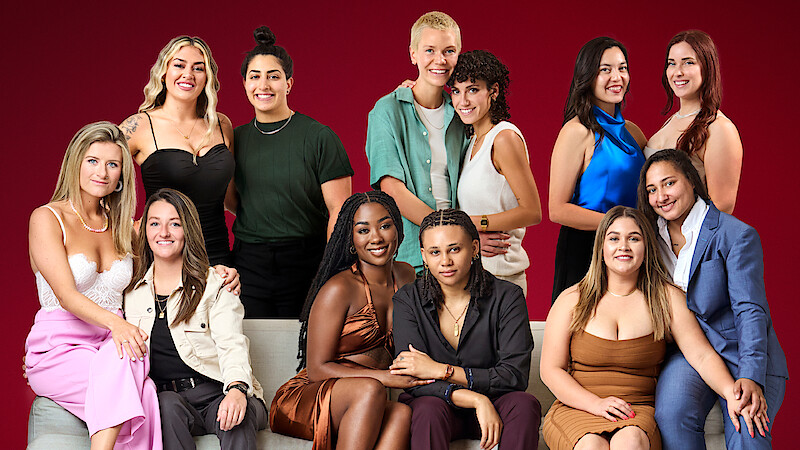
Introduction
The Ultimatum: Queer Love, a groundbreaking reality dating show on Netflix, has garnered significant attention since its premiere. As the first season specifically focused on LGBTQ+ relationships, the show has opened discussions about commitment, love, and the unique challenges faced by queer individuals in relationships. Its relevance is underscored by the rising visibility of LGBTQ+ narratives in mainstream media, providing representation that resonates with many viewers.
Overview of The Show
Released in 2022, The Ultimatum: Queer Love allows couples to explore their relationship dynamics under immense pressure. Similar in format to its predecessor, The Ultimatum: Marry or Move On, the show features several couples who are at a crossroads in their love lives. Each participant must navigate their feelings and decide whether to commit, walk away, or explore connections with others in the group. This format emphasizes open communication, consent, and understanding, which are critical in any relationship, particularly within the LGBTQ+ community.
Cultural Significance
The Ultimatum: Queer Love stands out as a reflection of the evolving landscape of reality television. Its focus on queer relationships allows for dialogue surrounding issues like non-monogamy, societal pressures, and the search for identity. This show challenges stereotypes and traditional norms about love and partnership, making it relatable to a diverse audience.
Viewer Reception and Impact
Since its debut, the show has received mixed reviews from critics but has found a dedicated fanbase among viewers. Many appreciate the authentic representation and emotional vulnerability demonstrated by the cast. Acceptance and representation of queer identities are crucial, and shows like The Ultimatum push these conversations to the forefront. The impact is evident not only in discussions online but also in the increased visibility of LGBTQ+ relationships in popular media.
Conclusion
The Ultimatum: Queer Love exemplifies how reality television can serve as a platform for meaningful conversations surrounding love and relationships in the LGBTQ+ community. As viewers continue to engage with the show and its themes, it highlights the ongoing need for representation in media. Shows like this not only entertain but also educate, foster understanding, and reinforce that love knows no boundaries. With growing trends towards inclusive content, the future looks promising for further discussions and revelations within the realm of queer love and identity.






